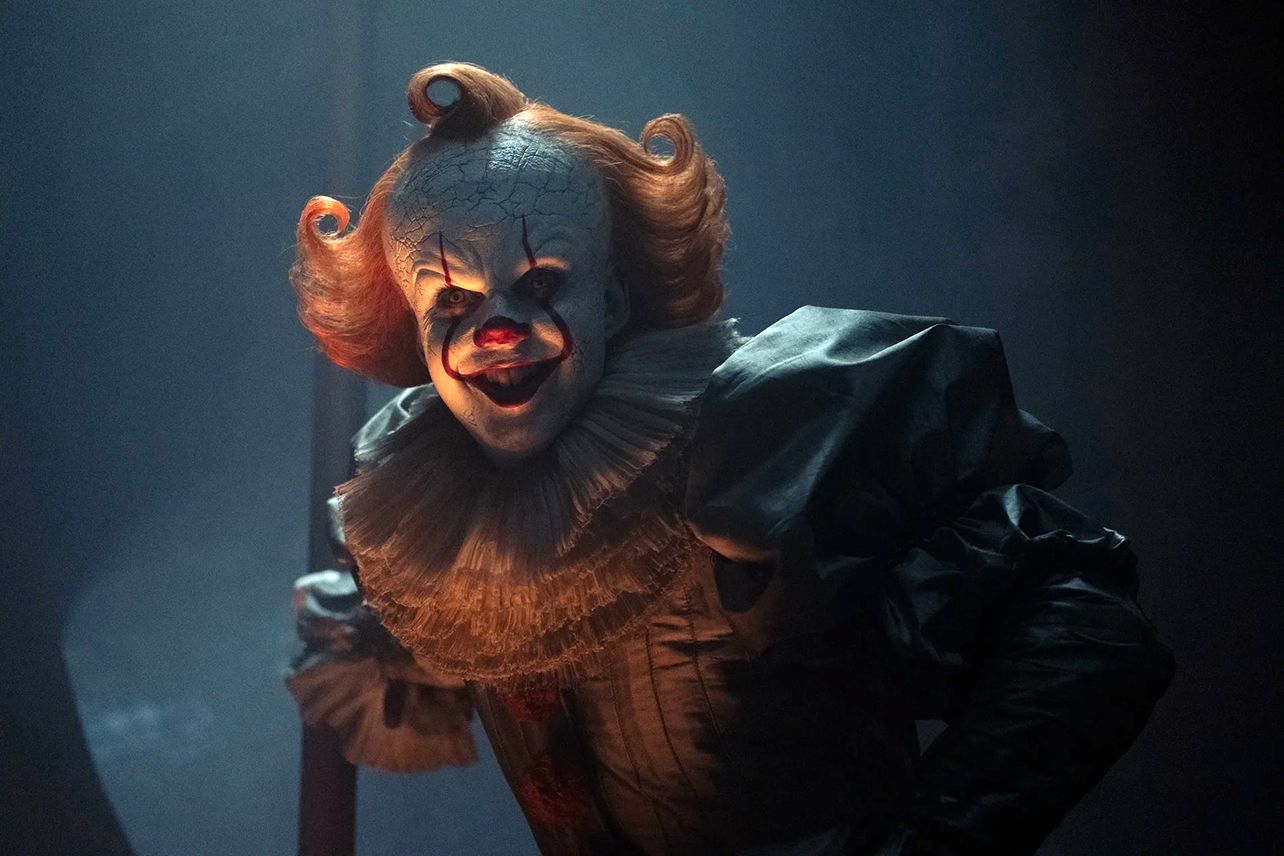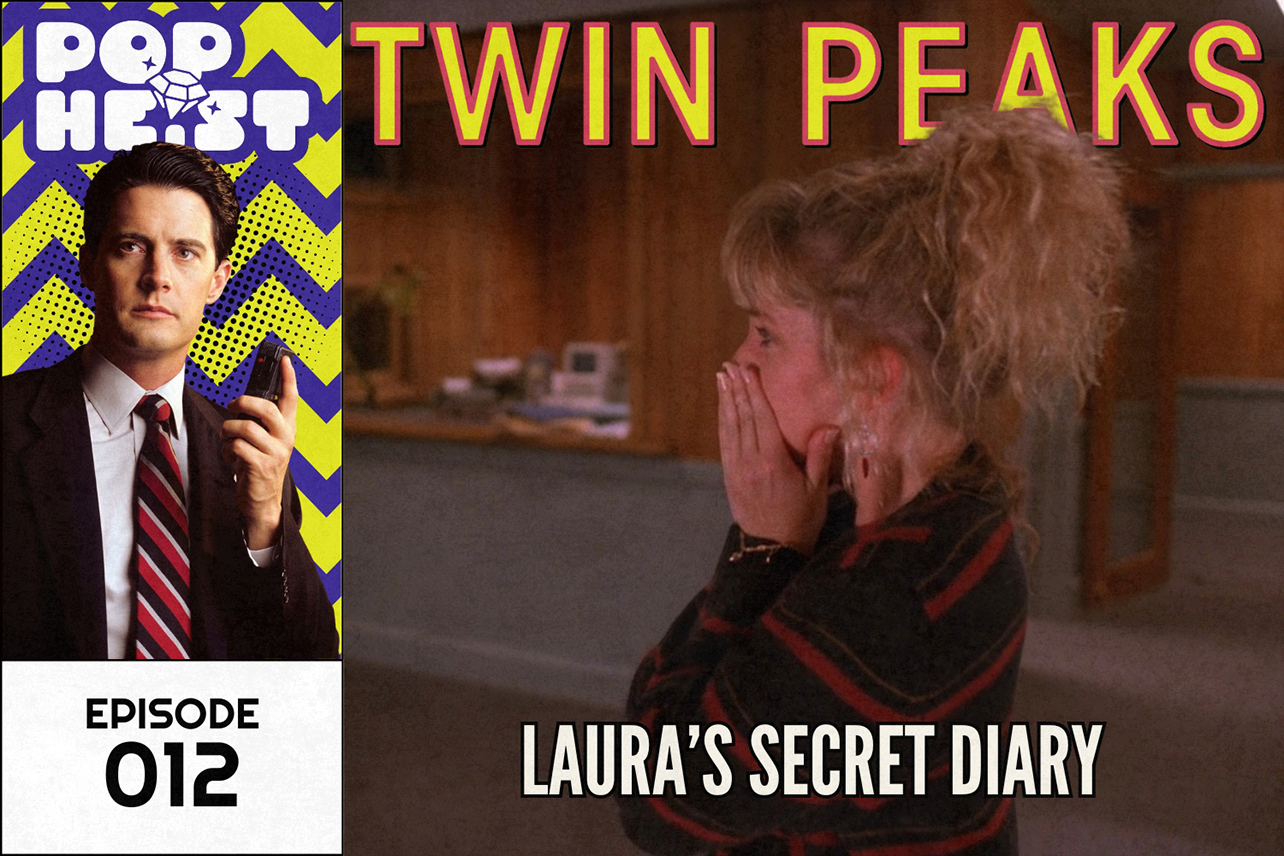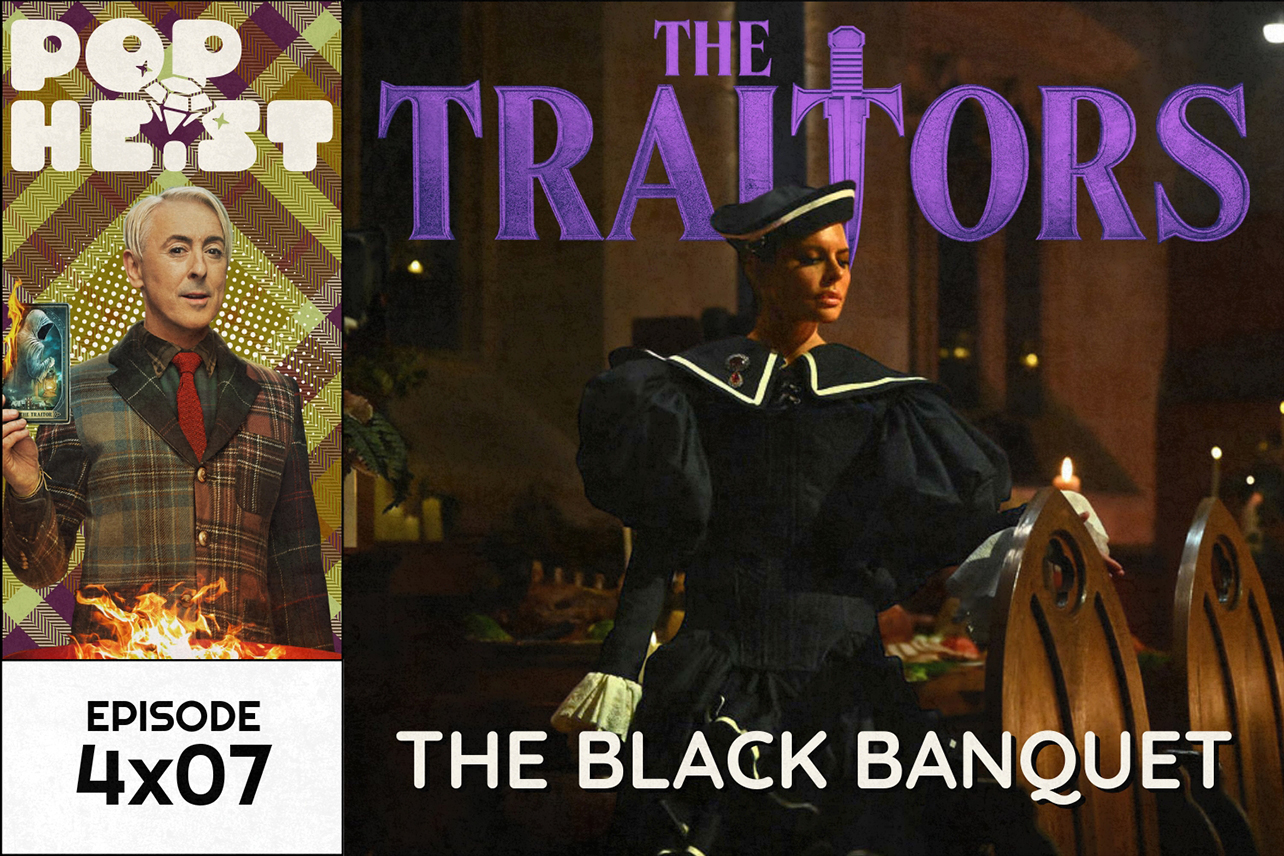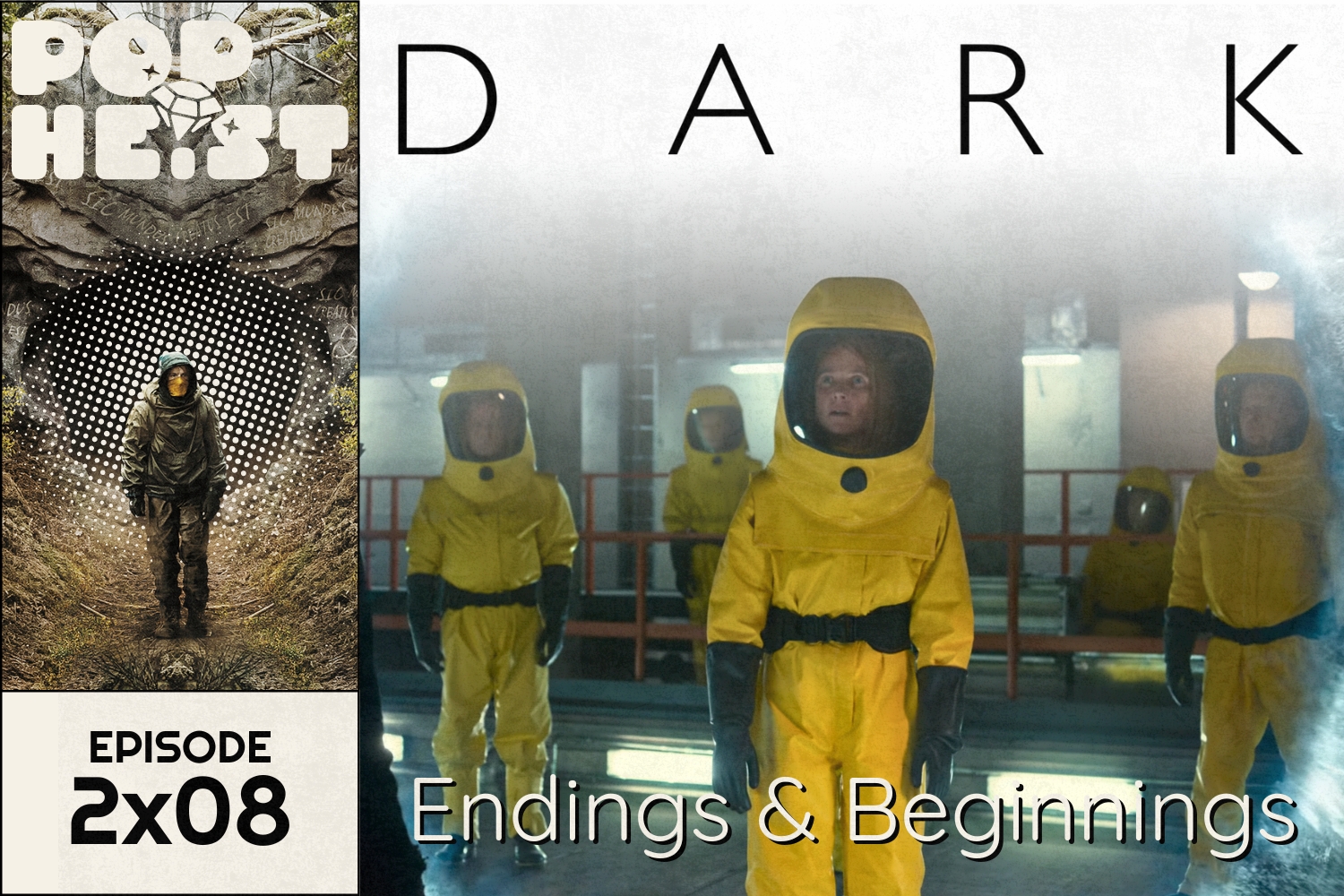There is a vastness to Stephen King's It, even beyond its prodigious page count, that fascinates fans of the beloved novel and its adaptations. The concept of a monster that can become your worst fears plaguing a group of friends across decades is thrilling enough, but within that narrative King also wove a strange cosmology, a sense of fear eternal, behind each creature, each death scene, each incarnation of evil. It all takes place in one small Maine town, but you always get the feeling that within those boundaries, the story could go just about anywhere.
It's that sense of going anywhere, of vastness and cosmic reach, that the new prequel series, It: Welcome to Derry, is hoping to tap. Developed by writer Jason Fuchs and It and It: Chapter Two director Andy Muschietti and producer Barbara Muschietti, it's a story that hopes to recapture what made the films into blockbusters while also expanding King's world even further, and keeping it all just as frightening as the moment we first met Pennywise the Dancing Clown (Bill Skarsgard).
But even a story as vast as It has limits, and for all its ambition, Welcome to Derry ultimately emerges as something of a mess. It's an interesting mess, and an often entertaining one, but it always feels like a story that's reaching, stretching itself too thin in an effort to fill gaps that were perhaps best left as voids in King's cosmology.
This time around, the action goes back to the early 1960s, where the town of Derry, Maine, is once again terrorized by some otherworldly force. While the adults in town are convinced it's just an ordinary murderer and go in search of suspects, the local kids aren't so sure. It's here that we meet the 1960s equivalent of The Losers Club from the 1980s-set Muschietti films. You've got Ronnie (Amanda Christine), a local movie buff with an eye for mysteries, Lilly (Clara Stack), a troubled girl with her own dark past, Will (Blake Cameron James), an Air Force kid who just hit town, and other local youths tormented by dark visions and even darker realities. But in Welcome to Derry, the kids are only half the story. Over at the local Air Force base, amid mounting Cold War tension, Will's dad, Leroy (Jovan Adepo), and a young man named Dick Hallorann (Chris Chalk) are part of a top secret research project tied to the town's history, the search for something beneath the surface of Derry that could be a war-winning weapon … or something much worse.
There are other story threads, of course, many we can't spoil just yet, but these are the two prongs of Welcome to Derry's initial thrust, and right away there's a certain imbalance at work. One of the advantages of using an established mythology, albeit one with a lot of gaps, is the sense of structure without necessarily following the same rules as what came before. We know how this creature works, what it wants, and what it does, and Andy Muschietti (who returns to direct the series) makes use of this to set the tone for the show with new visions of the monster, and new, gruesome deaths for Derry residents.
Once the stage is set, though, the show becomes just another story about a group of misfit kids trying to find a monster while adults don't believe them. It's startling how quickly, even with the unpredictability all these new characters seemingly buys you, the show falls back on familiar rhythms, tropes, and flat-out Easter egg hunts for King fans. As a King fan, I love an Easter egg as much as the next guy, but there are times in the first couple of episodes (five were released to press ahead of the series premiere) that Welcome to Derry feels less like a story and more like a list of references, at least where the kids are concerned.
Then there's the other major half of this story, the one in which Leroy, Dick, and their superiors are searching for something ancient, strange, and dangerous out in the Maine woods. Taking advantage of the Cold War to tell a story about colonialism and the perils of the military industrial complex is a smart move, and it's here that Welcome to Derry starts to lay out its most promising storylines. The stuff with the kids isn't exactly devoid of entertainment value, but it feels stiff and stale, while the government-backed search for an evil no one in said government truly understands feels almost refreshing, particularly in 2025 when our government seems poised to do just about any stupid meddlesome thing you can dream up. The addition of Dick Hallorann — a character casual King fans will recognize from The Shining — at first feels like an overreach, but the more this story goes on, and the pulpier it gets, the more he fits right in.
It might sound paradoxical that a show based on It is at its best when it's the furthest from King's original novel, but that's what Welcome to Derry is offering, and the more it leans into the pulpy, sci-fi tinged strangeness of outsiders trying to mess with Pennywise's lair, the better it gets. The show's scares feel warmed-over, its CGI monsters are dodgy, and at times its encounters with the title monster feel more like video game levels than genuinely scary pieces of horror. These things, with all due respect to the talented ensemble of young performers in the show, feel hollow until the rest of the series fleshes out the world around them. If you're going to make a new It story that really works, why would you spend so much time hitting the same bits with a new crop of kids who remind us all an awful lot of the old crop? It's a question that hangs over the whole show, and makes sections of it downright frustrating.
Still, I can't really look away from this show, at least not yet. Maybe it's the Stephen King fan in me, maybe it's the feeling that some genuinely fascinating leaps with the concept are being taken here, but I'm sticking around. It: Welcome to Derry is a mess through its first five episodes, but I'm terribly, terribly curious to see what they do with those last three. We might just have a live one on our hands.
It: Welcome to Derry premieres October 26 on HBO.






